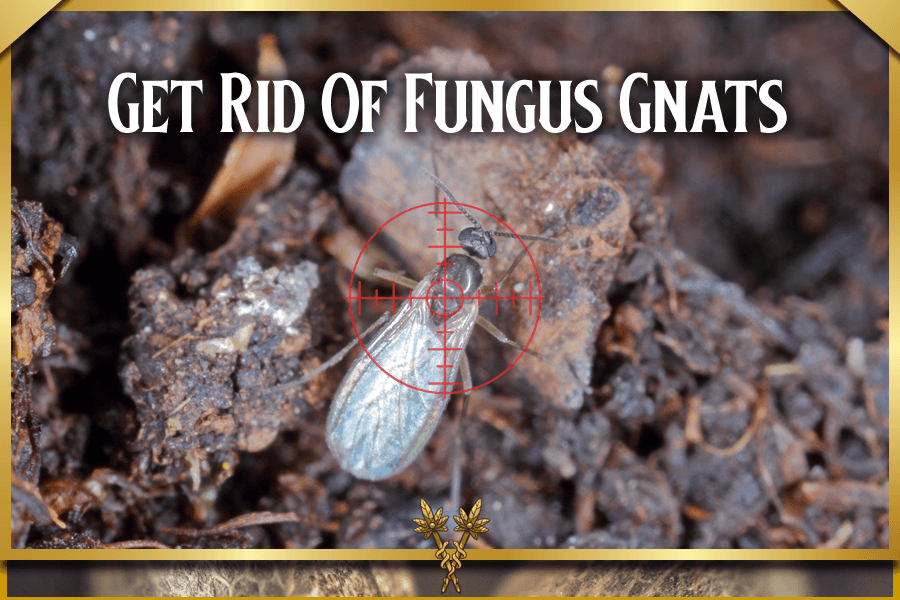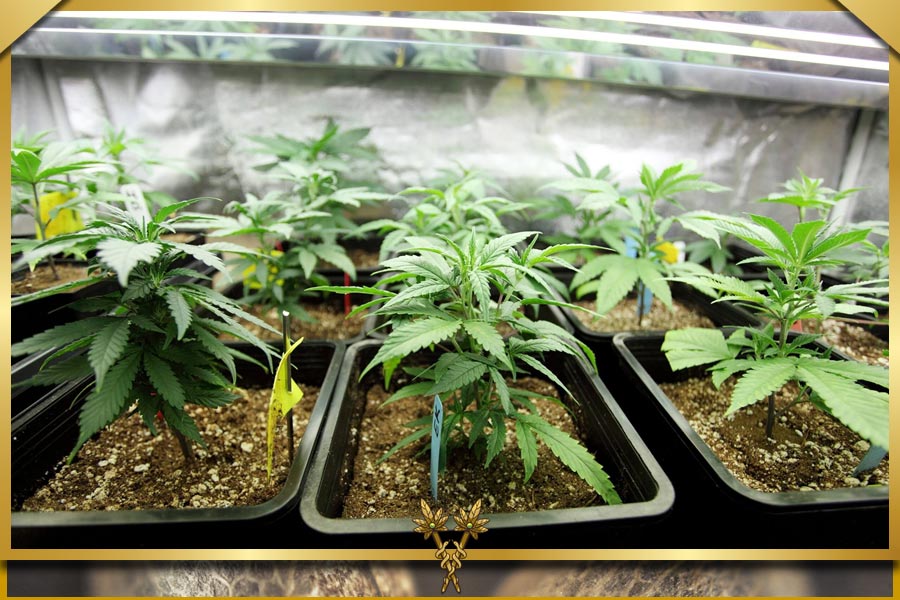Speed Up Seed Germination Process
When a seed is given water, it begins to germinate as long as the temperature, moisture, air, and light conditions are favourable. Seeds expand as they absorb water, and enzymes become hydrated. Hydrated enzymes become active, and the seed’s metabolic activities accelerate in order to generate energy for the growth process.
This occurs naturally, but what if you could accelerate seed germination by using a common home item? It turns out that you can! 10mls of 3% Hydrogen Peroxide solution in approximately 170mls of pure distilled water, can help plants germinate faster and develop stronger and healthier. What is hydrogen peroxide, and why does it speed up the germination process?
Let’s have a look at it in more detail.
Hydrogen peroxide (H202) has a chemical structure that is remarkably similar to water (H20), with the exception that hydrogen peroxide has an extra oxygen atom. Hydrogen peroxide is important for seed germination. Natural peroxide levels influence numerous essential processes that must occur before seeds germinate as soon as the water is absorbed by the seed.
The seed coat softens after soaking in an appropriately diluted hydrogen peroxide solution, allowing the seeds to absorb more oxygen. As a result, germination speed is boosted.
Hydrogen peroxide is one of the safest chemicals to use in the garden to treat root rot because of its chemical similarity to water. Hydrogen peroxide is naturally found in rainfall and aids in the fight against harmful fungi, insects, and weeds, as well as promoting seed germination.
Hydrogen peroxide is non-toxic, environmentally benign, and biodegrades totally into simply oxygen and water. It contains no chlorine, alcohols, acids, or other harmful chemical compounds found in typical fertilizers. As a result, it’s safe to use around the entire family, as well as on your pets and plants.
8 Benefits When Using 3% Hydrogen Peroxide In Your Garden
- Peroxide help seeds grow faster. You can speed up the growth of seeds by soaking them in a weak solution of water and peroxide when soaking before planting.
- Peroxide functions as a rooting agent. The roots are the foundation of a strong, healthy plant. Give your roots a boost by applying a small amount of peroxide to them. This can also be used to revitalise limp leaves. In the soil around the plant, spray a peroxide/water solution.
- Peroxide repels insects. To keep bugs at bay, instead of buying expensive chemicals, spritz your plants with 1 percent hydrogen peroxide.
- Peroxide can help to keep cut plants and trees from becoming infected. To disinfect the area and prevent disease spread, spray a mixture of water and peroxide on plant leaves or roots. For the best results, saturate the area with a large amount of the water/peroxide solution.
- Peroxide aids in soil aeration. All plants require three essential elements to survive: food, water, and air. If your soil is too compact, your roots won’t be able to grow correctly because they won’t be able to access adequate oxygen. Furthermore, illness thrives in overly compacted soil. To assist aerate the soil around your plant, mix 2 parts water with 1 part peroxide and apply it to the roots.
- Hydrogen peroxide can be used to disinfect your water. By mixing a little peroxide with the water in your watering can before applying to your plants and grass, you may make the water you feed them a little healthier. Peroxide cleans tap water of pollutants and pesticides, making it healthier for your plants.
- Peroxide aids in the recovery of ill plants. Peroxide, in particular, is an excellent treatment for root rot. Root rot might develop if your soil is overly compacted. Pour 3 percent hydrogen peroxide mixed with water (one part peroxide to two parts water) over your plant’s affected roots.
- To disinfect garden tools, use peroxide. Sanitize your instruments to prevent disease from spreading to your plants and garden. This is especially true when a fungus has been discovered and treated. Simply soak your instruments in a gallon of water with 2 cups of hydrogen peroxide.
Solutions to use;
- Improve aeration by misting Indoor plants. Mix 1 teaspoon of 3% peroxide to 1 cup of water. This improves aeration to your plant and discourages fungus on leaves and soil.
- Help kill pests on your plant leaves like Aphids, spider mites and other little suckers, mix 1 teaspoon of 3% peroxide to 1 cup of water.
- Sanitise your soil of fungus and other pathogens. A solution of 600mls of 3% Hydrogen peroxide to 5L of water is safe to pour as a flush around your plant roots. Pour the solution into the plant pot around the plant roots and let sit overnight to drain.
- Helpful in getting rid of powdery mildew and other leaf spot diseases. Mix 1 1/2 Tablespoons baking soda and 1 1/2 tablespoons 3% peroxide for a powerful homemade anti fungal solution that can be sprayed on the plant leaves.
Help Fix Root Rot:
Hydrogen Peroxide will kill the pathogens that cause the rot. Hydrogen peroxide aerates waterlogged plant roots . The improved oxygen circulation to plant roots can save roots in danger of root rot. And those showing early signs of root rot.



Ammonium nitrate makes a great strong plant
Bexareful with that Monica nitrate won’t you
Mate I’m sold,h2o2, outa stupidity I put soaked rinsed used clay balls as filler in a flood n drain tray, it had 55ltr new balls in 3×3 but flood would soak up to top , so I put old balls in as filler so no algae would grow. Then I noticed problems in new growth , found cause this white powdery looking stuff growing in balls.
Only thing I found referencing this suggested only a fool would not sterilize clay balls and risk the dreaded white stuff. So I hope ppl know what I mean but question is
Would Hyd-poxide be effective at destroying infection? Or start again? They’re only 10days in flower sog, have shitloads of replacement stock hmmmm worth the effort?